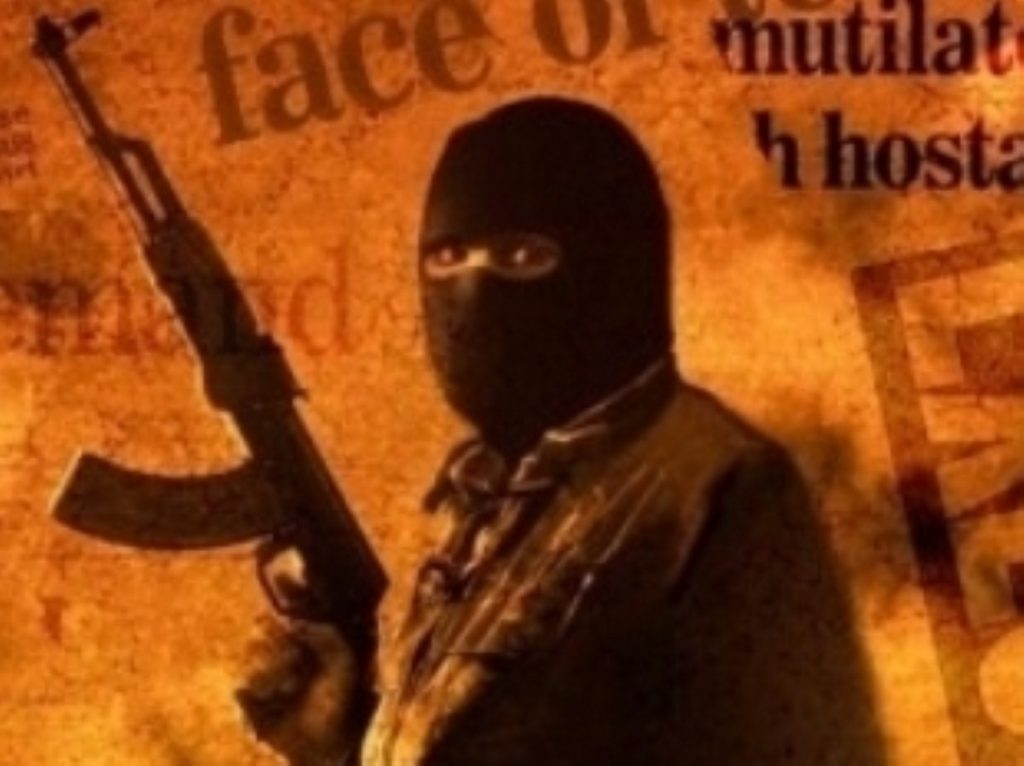Ex-MI5 chief: Iraq war helped Bin Laden
The 2003 decision to invade Iraq helped Osama Bin Laden by giving him the opportunity for an “Iraqi jihad”, a former head of MI5 has said.
In one of the most critical evidence sessions yet seen by Sir John Chilcot’s panel, Lady Manningham-Buller told the Iraq inquiry that the terrorist threat facing Britain had “mutated” in recent years, partly as a result of the Iraq invasion.
She told the inquiry that the 2003 ousting of Saddam Hussein had failed to eliminate the threat of terrorism from unconventional chemical, bacteriological or radioactive weapons.


“It must be a cause of concern for my former colleagues that at some stage terrorist groups will resort to these matters,” she told Sir John Chilcot’s panel.
“In that respect I don’t think the toppling of Saddam Hussein is germane to the desires of terrorist groups to use them.”
Lady Manningham-Buller said Britain faced a “severe” terrorist threat and that there is a “continuing problem”, although she emphasised she had not seen any secret intelligence since stepping down as head of the domestic security service in 2007.
Her tenure as head of MI5 from 2002 until 2007 covered the invasion of Iraq and its aftermath, which included a series of plots she claimed had been partly motivated by Britain’s presence in Iraq.
“It’s part of what we call the single narrative – the view of some that everything the west was doing was part of a fundamental hostility to the Muslim world and to Islam, of which manifestations were Iraq and Afghanistan… it was enhanced by those events,” she added, before stating: “Arguably we gave Osama Bin Laden his Iraqi jihad.”
Lady Manningham-Buller cited former home secretary Jacqui Smith who revealed in 2008 that in the previous seven years there had been 16 substantial plots, 12 of which were stopped.
Speaking out against the Iraq war, she said the main lesson to learn was of “the danger of over-reliance on fragmentary intelligence”.
“If you are going to go to war you need a pretty high threshold, it seems to me, to decide on that,” she said.
“And I think there are very few who would argue that the intelligence was substantial enough on which to make that decision.”
The head of Britain’s foreign intelligence service MI6, Sir Richard Dearlove, has already given evidence to the Iraq inquiry behind closed doors.









